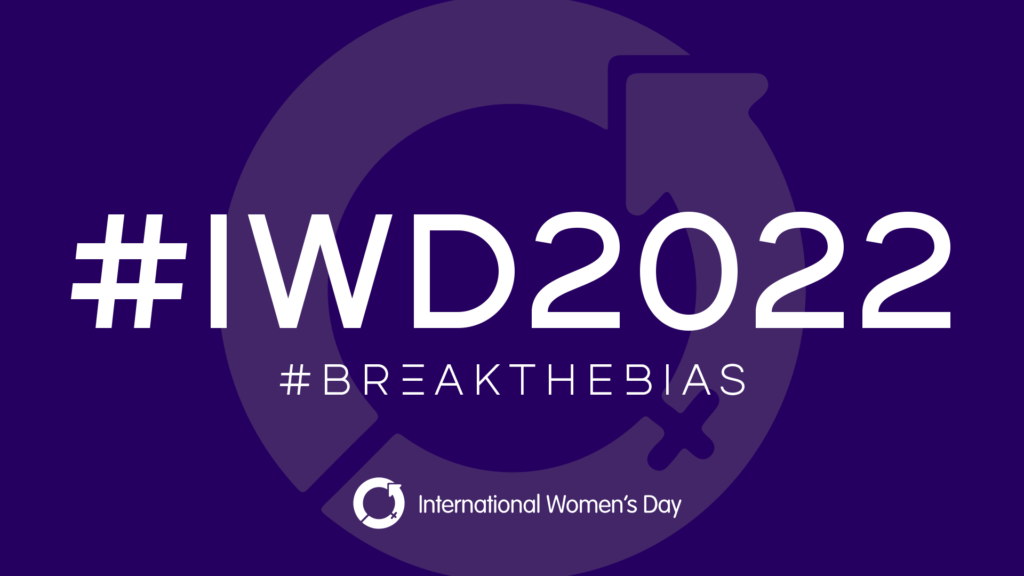Celebrating International Women’s Day

Each year, Practicus, like many other organisations and people around the world celebrates March 8th as International Women’s Day (IWD), but how did this commemoration come about and why on this particular day?
As a reminder, 8th March is the day dedicated to the “social, economic, cultural and political achievements of women” but also calls for more action to be taken on improving gender equality. In particular, it calls for “accelerating gender parity”, according to the International Women’s Day site.
Women the world over have been celebrating the achievements of women for 111 years. Ever since 1910, when a plucky German women’s rights activist came up with the idea of an international day for women at the International Conference of Working Women in Copenhagen and the 100 women there, from 17 countries, agreed to it unanimously.
But it wasn’t formalised with a fixed date until a wartime strike in 1917, when Russian women demanded “bread and peace”; four days into the strike the Tsar was forced to abdicate and the provisional government granted women the right to vote. The strike began on 8 March and this became the date that International Women’s Day is celebrated.
This year’s IWD theme – #BreaktheBias
The United Nations helped to institutionalise IWD globally on this date in 1977 in recognition of the accomplishments women have made to society. Each year has a theme and this year’s theme is #BreakTheBias — Whether deliberate or unconscious, bias makes it difficult for women to move ahead. Knowing that bias exists isn’t enough, action is needed to level the playing field.
So how does gender parity play out in the world of work?
At Practicus, we are working together towards a gender-equal world free of bias, stereotypes and discrimination. Across the company, we have made great strides in building an inclusive workforce that reflects the diversity of our communities. The number of female employees at Practicus currently stands at nearly 50% with many in leadership positions. Our analysis for this year reveals that to date that more than 50% of our Interim and permanent placements are women. We look forward to sustaining these positive trends.
Women in Interim Management
The annual Institute of Interim Management Survey sheds light on some interesting observations. With the exception of the Public Sector, where 41% of Interim assignments are women, the number of female Interim Managers in 2021 stands at 25.2% of survey responders, similar to the year before. That is a reduction from 29% in 2019, which seems to have been a peak so far. This is still higher than the 20% from 2010, but it doesn’t signify a rapid progression. It is also significantly adrift from the almost 50:50 split in the population at large. In 2010 the number was 20%, so the trajectory is upwards, but slowly. The reasons for this are likely to be many and varied. There is also a gender pay gap that needs to be levelled down.
For any woman, or man considering interim management as a career progression should check out our blog, outlining what it takes to be one, and the benefits to be derived.
Women in the Job Market
Another interesting Survey revealing perhaps some little known differences between men and women when seeking new employment is the LinkedIn ‘Gender Insights Report’ which “analysed billions of interactions between professionals, companies, and recruiters” to find out how open women and men are to new opportunities, how they browse and apply to jobs, how they interact with recruiters, and how likely they are to get hired after applying.
According to LinkedIn data:
- To apply for a job women feel they need to meet 100% of the criteria while men usually apply after meeting about 60%.
- When women do apply to a job, they are 16% more likely than men to get hired. In fact, if the role is more senior than their current position, that number goes up to 18%.
About Practicus
Our purpose is to help people and their organisations navigate change.
We take an integrated approach to change, combining robust change management and project management with subject matter expertise in strategy, technology, behaviour, data and operational efficiency.
Our services include Consulting, Recruiting and Advising.
